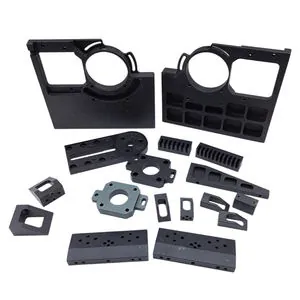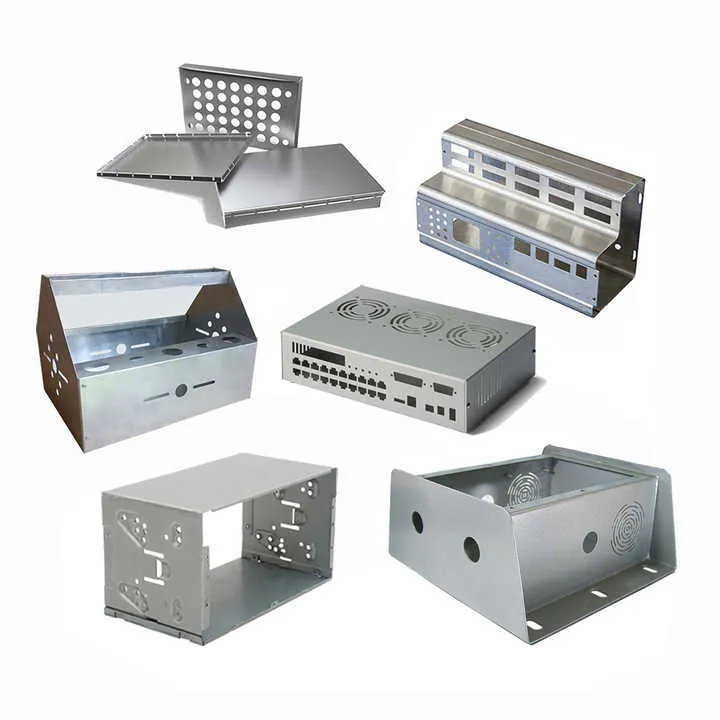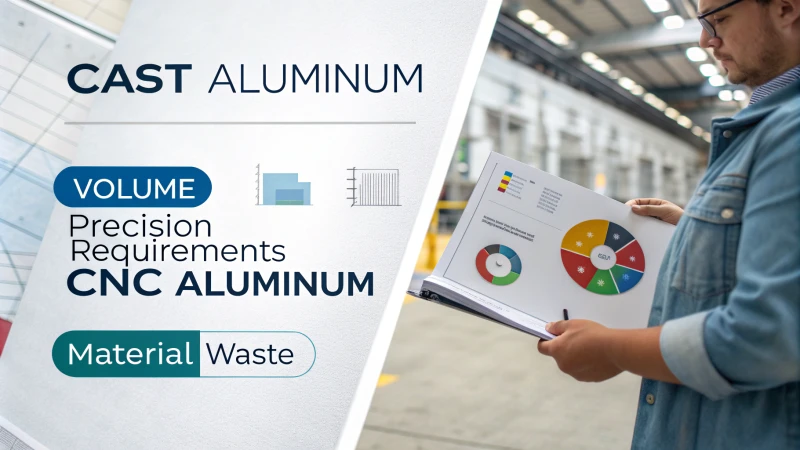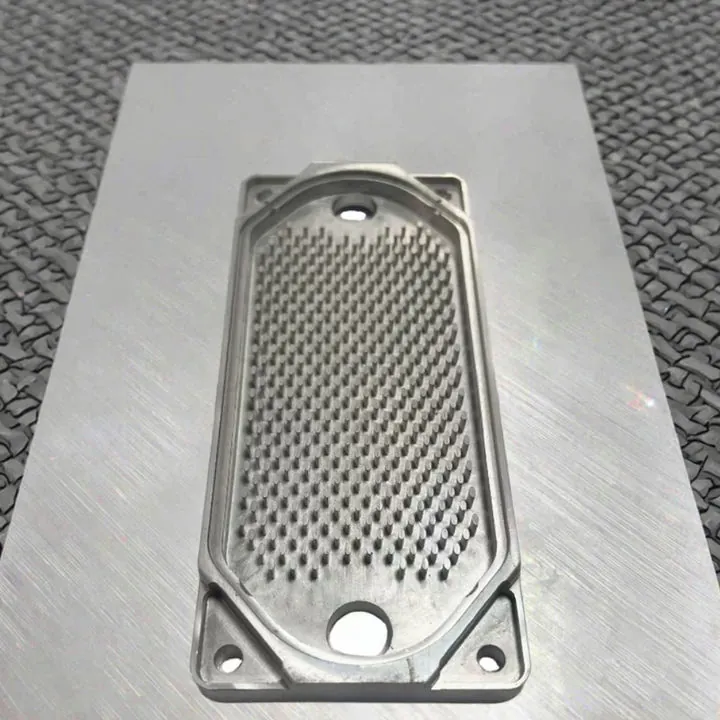CNC Machining Uruguay: Manufacturers & Industry Guide

Part 1: Market Size and Growth
Uruguay’s CNC machining industry is relatively small but carries strong potential for expansion. The country has a stable economy, good infrastructure, and a growing industrial base. Although not a major manufacturing hub like Brazil or Argentina, it is gradually developing capabilities in mechanical parts, agricultural machinery, and precision tools.
CNC machining — the use of computer numerical control for cutting, milling, and shaping materials — is used mainly for prototypes, small batches, and specialized components. Local companies often handle repair parts or customized fabrication projects for agricultural and industrial clients. High-volume precision production still depends on imports or nearby regional manufacturers.
Uruguay’s government supports innovation and industrial modernization through investment-friendly policies. Combined with political stability, skilled labor, and trade openness, these efforts create an environment where CNC machining could become an essential industrial capability in the coming years.

Part 2: Leading Companies
MOLGROUP
Contact Now
MOLGROUP is an Uruguayan industrial and mechanical equipment company engaged in automation, machinery sales, and engineering integration.

Headquartered in Montevideo, it provides automation systems, quality inspection tools, and mechanical design solutions. The firm collaborates with international suppliers, helping industrial clients in manufacturing, agriculture, and process automation.
MOLGROUP’s core strength lies in system integration and tailored automation. It provides hardware-software matching, installation, and after-sales service, bridging global technologies with local production. While official certifications are not published, its reputation in Uruguay’s automation sector is strong.
Prodimode (Operating in Uruguay)
Contact Now
Prodimode is an online manufacturing platform offering CNC machining services with a physical presence in Uruguay.

It provides 3-axis to 5-axis milling, turning, and surface finishing. Prodimode connects multiple workshops into a digital network, allowing customers to order custom parts through an online interface.
Industries served include aerospace, automotive, electronics, and medical devices. The company’s advantage is rapid response and transparent quoting. Its platform-based model makes it easy for clients to access local machine capacity without direct investment. Though certifications are not specified, its technological setup and speed give it a competitive edge in regional custom manufacturing.
Local Industrial Machinery Manufacturers and Workshops
Contact Now
Several Uruguayan mechanical workshops and engineering firms, such as 4i Soluciones con Ingeniería, provide machining and industrial component services.

These firms engage in metal fabrication, component assembly, and equipment repair. They often own or collaborate with CNC workshops for precision work. Their strengths lie in fast response, practical design, and familiarity with local industry standards.
Although not focused exclusively on CNC, they play a crucial role in maintenance, low-volume production, and prototyping for domestic markets. Their experience with agricultural and construction equipment keeps them relevant in Uruguay’s industrial ecosystem.
| Company | Founded | Core Products / Services | Industries Served | Certifications |
|---|---|---|---|---|
| MOLGROUP | — | Machinery integration, automation, quality inspection | Manufacturing, agriculture | — |
| Prodimode (Uruguay) | — | CNC milling, turning, online platform | Aerospace, automotive, electronics | — |
| Local Manufacturers (e.g. 4i Soluciones) | — | Metal parts, repairs, structure fabrication | Agriculture, machinery, construction | — |
Part 3: Trade Shows and Industry Events
Expo Industria Uruguay
Contact Now
Expo Industria is Uruguay’s main trade show for industrial and technological innovation.

Held periodically in Montevideo, it gathers manufacturers, machinery suppliers, automation experts, and service providers. Exhibitors showcase equipment, tools, and production technologies. For CNC providers, it is a great opportunity to meet local distributors, demonstrate machine capabilities, and establish business relationships.
The event also includes seminars, industrial panels, and networking sessions focused on modernization and sustainability in manufacturing.
Latin American Machine Tool & Manufacturing Fairs
Contact Now
Although usually hosted in neighboring countries, these regional fairs attract Uruguayan companies interested in CNC and automation technologies.

The exhibitions rotate between Brazil, Argentina, and Chile, featuring machine tools, robotics, precision instruments, and smart manufacturing systems. Many Uruguayan engineers attend to observe new models, purchase machinery, or form partnerships.
Highlights include technology showcases, supplier meetings, and innovation forums. Participation in these events helps Uruguay’s industry stay connected to Latin American manufacturing trends.
| Event | Date | Location | Highlights |
|---|---|---|---|
| Expo Industria Uruguay | Annual / Biennial | Montevideo | CNC, automation, industrial innovation |
| LatAm Machine Tool Fairs | Annual / Biennial | Brazil / Argentina / Chile | CNC demos, robotics, supplier networking |
Part 4: Impact of Global Trade Policies
Uruguay’s CNC machining industry is deeply shaped by global trade policies, import tariffs, and regional cooperation.

Import costs and tariffs on CNC machinery are key challenges. Many precision tools and cutting systems come from Europe or Asia. High import duties can raise startup costs for local workshops. Policies encouraging duty-free import for industrial equipment can significantly lower this barrier.
Regional trade agreements—especially through MERCOSUR—help reduce costs and simplify logistics for materials and machinery coming from neighboring countries. This regional openness supports growth for small CNC workshops, which can source materials and equipment more efficiently.
Supply chain resilience has become another focus. Disruptions during global crises highlighted the importance of local machining capacity. Encouraging domestic production of parts and tools could make Uruguay less dependent on imports.
Finally, foreign investment offers both opportunity and pressure. Multinational manufacturers seeking stable and cost-effective locations may consider Uruguay for nearshoring. However, to attract them, the country must continue investing in vocational training, digital infrastructure, and long-term industrial policies.
Part 5: Conclusion
CNC machining in Uruguay remains in its development phase, but the fundamentals are promising. Political stability, skilled labor, and strong regional ties create the right conditions for gradual growth. By investing in machinery, automation, and training, Uruguay could position itself as a regional hub for precision manufacturing.
Yet, challenges persist—high equipment costs, a small domestic market, and competition from larger neighbors. For investors and entrepreneurs, a step-by-step approach is best: begin with prototypes and local service contracts, expand into export-oriented projects, and partner with regional fairs and distributors.
If Uruguay aligns its industrial policy with innovation and open trade, CNC machining can evolve from a support service into a key driver of its modern manufacturing economy.
Recommended Reading:
Do Our Heat Sinks Meet CE Requirements for Export to the EU?
CNC Machining Lithuania
CNC Machining Macedonia
CNC Machining Latvia
CNC Machining Estonia
CNC Machining Lebanon
CNC Machining Jordan
CNC Machining Paraguay
CNC Machining Usa: Manufacturers & Industry Guide
6061 Aluminum Oval Tubing
OEM Aluminum Heat Sink for Custom Projects
Aluminum Ceiling System



